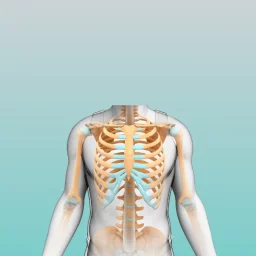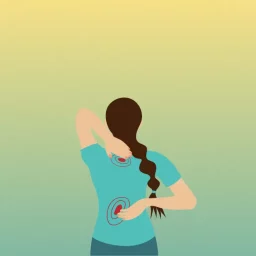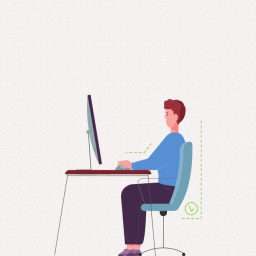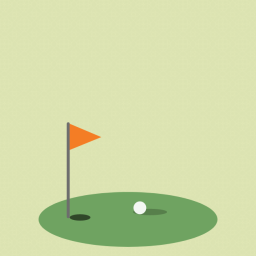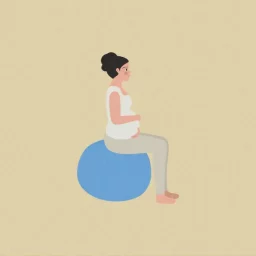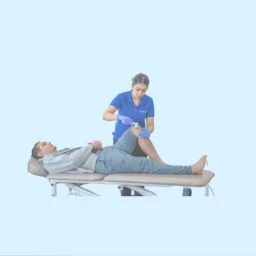Physiotherapy for Carpal Tunnel Syndrome
Carpal tunnel syndrome (CTS) is a common condition that occurs when the median nerve becomes compressed or squeezed at the wrist. The median nerve runs from your neck, arm, and forearm into your hand. The carpal tunnel is a narrow passageway in your wrist that protects the median nerve and tendons that bend your fingers. Physiotherapy can play a significant role in managing carpal tunnel syndrome effectively. Learn how we can help:
The compression of the median nerve can result from various factors, including:
- Anatomical factors: Smaller carpal tunnel size or variations in the shape of the bones, can increase the risk of compression on the median nerve.
- Repetitive hand movements: Activities that involve repetitive or forceful movements of the wrist, such as typing on a keyboard, using vibrating tools, or assembly line work, can contribute to the development of CTS.
- Hand and wrist position: Prolonged or repetitive flexion or extension of the wrist, particularly in a non-neutral position, can increase pressure on the median nerve.
- Medical conditions: Certain medical conditions, such as diabetes, rheumatoid arthritis, hypothyroidism, and pregnancy, are associated with an increased risk of developing CTS. These conditions can cause swelling or inflammation, which can compress the median nerve.
- Trauma or injury: A wrist injury, such as a fracture or sprain, can lead to swelling or inflammation in the carpal tunnel, putting pressure on the median nerve.
The compression of the median nerve in the carpal tunnel can cause symptoms such as:
- Numbness or tingling in the thumb, index finger, middle finger, and part of the ring finger.
- Pain or discomfort in the hand or wrist may radiate up the arm.
- Weakness or clumsiness in the hand, making it difficult to grasp or hold objects.
The symptoms of CTS often worsen at night or during activities that exacerbate wrist flexion, such as driving or reading.
Physiotherapist’s role in carpal tunnel syndrome:
Here are ways physiotherapy can help individuals experiencing carpal tunnel syndrome:
- Education: Your physiotherapist can help educate you about CTS, its causes, symptoms, and ways you can manage it. They can also guide ergonomic principles to reduce strain on your wrist for your daily routine.
- Manual Therapy: Hands-on techniques such as massage, soft tissue mobilization, and joint mobilization. Specialized manual therapy performed by your physiotherapist can help reduce pain and stiffness in your wrist and surrounding structures.
- Stretching and Strengthening Exercises: Your physiotherapist can prescribe specific exercises to stretch and strengthen the muscles in the hand, wrist, forearm, and shoulder. Strengthening exercises can help improve the stability of the wrist and reduce strain on the median nerve.
- Nerve Gliding Exercises: These exercises involve gently moving the affected nerve (the median nerve) through its normal range of motion. Nerve gliding can help reduce compression and improve nerve function.
- Modalities: Your physiotherapist may use modalities such as ultrasound, electrical stimulation, or heat and cold therapy to help reduce inflammation in the area.
- Splinting: Customized wrist splints can help keep the wrist in a neutral position. Splints can help relieve pressure on the median nerve and reduce symptoms, especially at night.
- Activity Modification: Your physiotherapist can guide modifying activities that may exacerbate CTS symptoms. Your physiotherapist can suggest alternative techniques or equipment to reduce strain on the wrist.
- Postural Training: Correcting poor posture and promoting proper alignment of the upper body can help alleviate strain on the wrist and reduce symptoms of CTS.
- Progressive Return to Activities: Your physiotherapist can develop a gradual return-to-activity plan to help you safely resume your regular activities while minimizing the risk of symptom recurrence.
- Monitoring and Progression: Your physiotherapist will monitor your progress throughout treatment and adjust the treatment plan as needed to ensure optimal outcomes.
Overall, physiotherapy can be an essential component of a comprehensive treatment plan for carpal tunnel syndrome. Your physiotherapist can help to alleviate your symptoms, improve your function, and prevent recurrence. Talk to your expert physiotherapist at CURAVITA today if you think you may have carpal tunnel syndrome.
For more information or to book an appointment with one of our chiropractors, physiotherapists or massage therapists, visit our clinic websites at Curavita Byward and Curavita Glebe.
Byward Market
Email: info.byward@curavita.com
Glebe
Email: info.glebe@curavita.com




